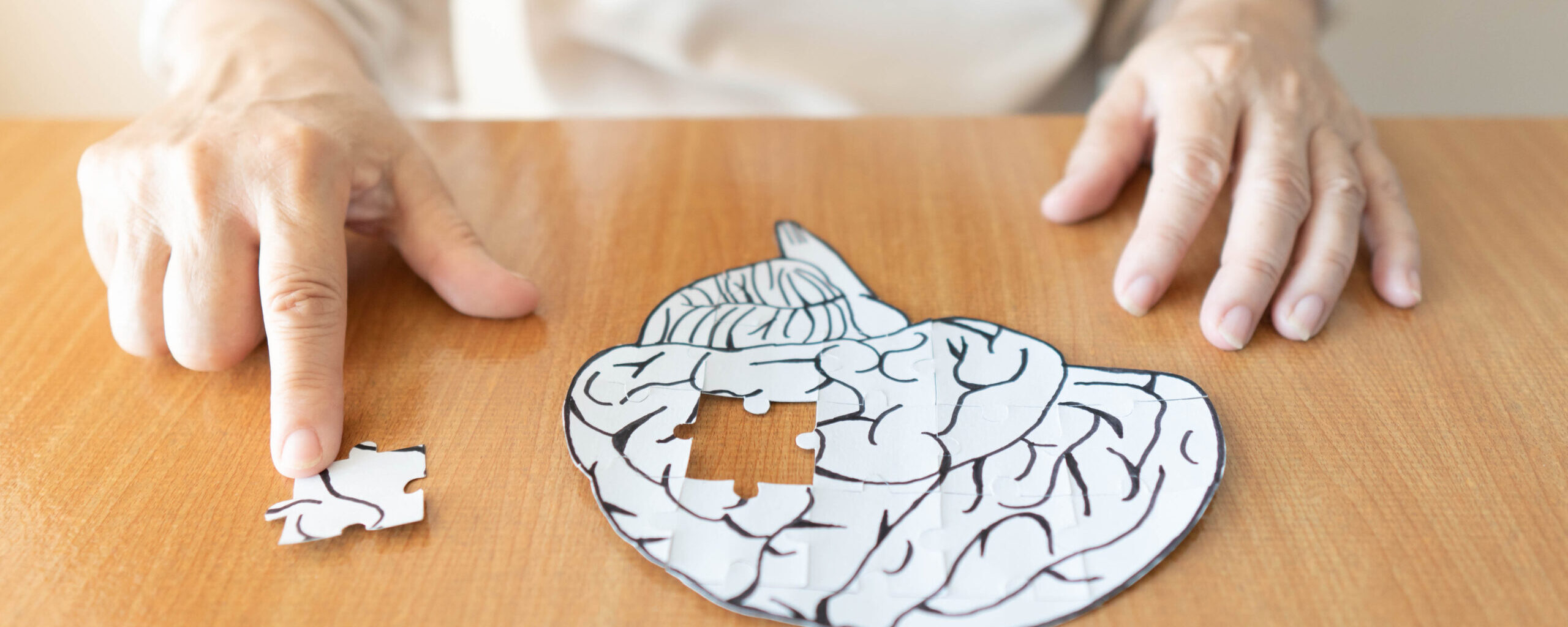14 Sep More About Alzheimer’s Disease
We all forget things from time to time, the name of a new acquaintance, where we left our keys, the occasional appointment, etc. It’s perfectly normal. As we age, the frequency of such memory lapses tends to increase. In some cases, this increase may indicate the onset of a more debilitating condition like Alzheimer’s or Dementia.
Alzheimer’s disease is the most common form of Dementia, affecting approximately 5.3 million Americans and is the seventh leading cause of death in the United States. According to the Alzheimer’s Association, by the year 2030 as many as 7.7 million Americans will be living with Alzheimer’s disease if no effective prevention strategy or cure is found. By 2050 the number is projected to skyrocket to between 11 million and 16 million. Ten million baby boomers are expected to develop the disease.
It slowly destroys brain cells, causing memory loss and problems with thinking and behavior severe enough to affect your work, lifelong hobbies and social life. Currently, there is no known cure for Alzheimer’s, making it the seventh-leading cause of death in the United States.
Early detection is critical to increase the chances of benefitting from treatment. It also provides you and your loved ones more time to plan for the future and make choices that can maximize your independence and quality of life.
Alzheimer’s disease can happen to anyone – your loved one, your neighbor – even you. Don’t let it stop you from living the life you want! Learn how to create a safe and comfortable environment and to make tasks of daily living more manageable.
Complex care needs: Especially as symptoms progress, the needs of your loved one may be too much for you to manage alone. Many individuals with Alzheimer’s require 24-hour observation and care, keep unusual or reversed schedules, and become completely dependent on physical support. If you find that you are awake and caregiving at all hours of the day, have difficulty with physical tasks such as transferring, or feel unequipped to respond to behavioral changes, our professional caregivers can be an invaluable resource.
Overwhelming demands on your time: You may be balancing family, career, and social responsibilities on top of caregiving. Often, personal time is de-prioritized to the detriment of your physical, emotional, and mental health
Increased personal anxiety and stress: If you begin to feel regular anxiety, difficulty sleeping, fatigue, and other symptoms of stress or depression, you may require respite. In fact, over half of family caregivers report clinically significant symptoms of depression. A caregiver can ensure safety for your loved one and give you time to recuperate and address personal needs.
Complete Flexibility: Many clients have a caregiver only during the night, on weekends, or for transportation to medical appointments. Family Tree In-Home Care is totally flexible and happy to provide care whenever and wherever needed.
Click here to learn more and schedule your complimentary consultation today >>


